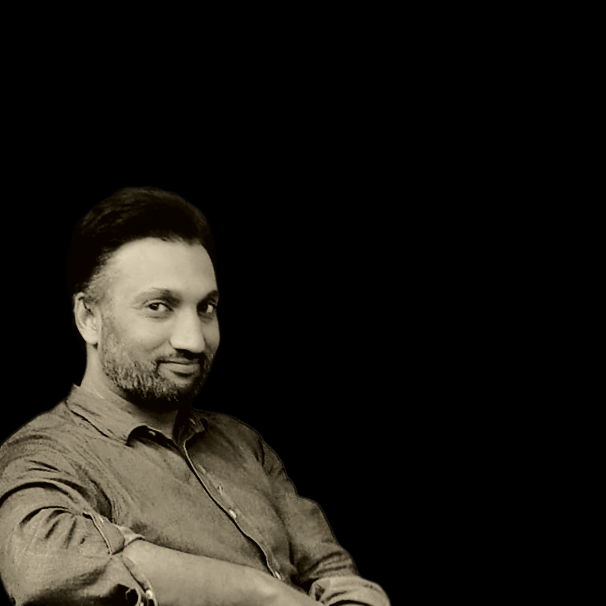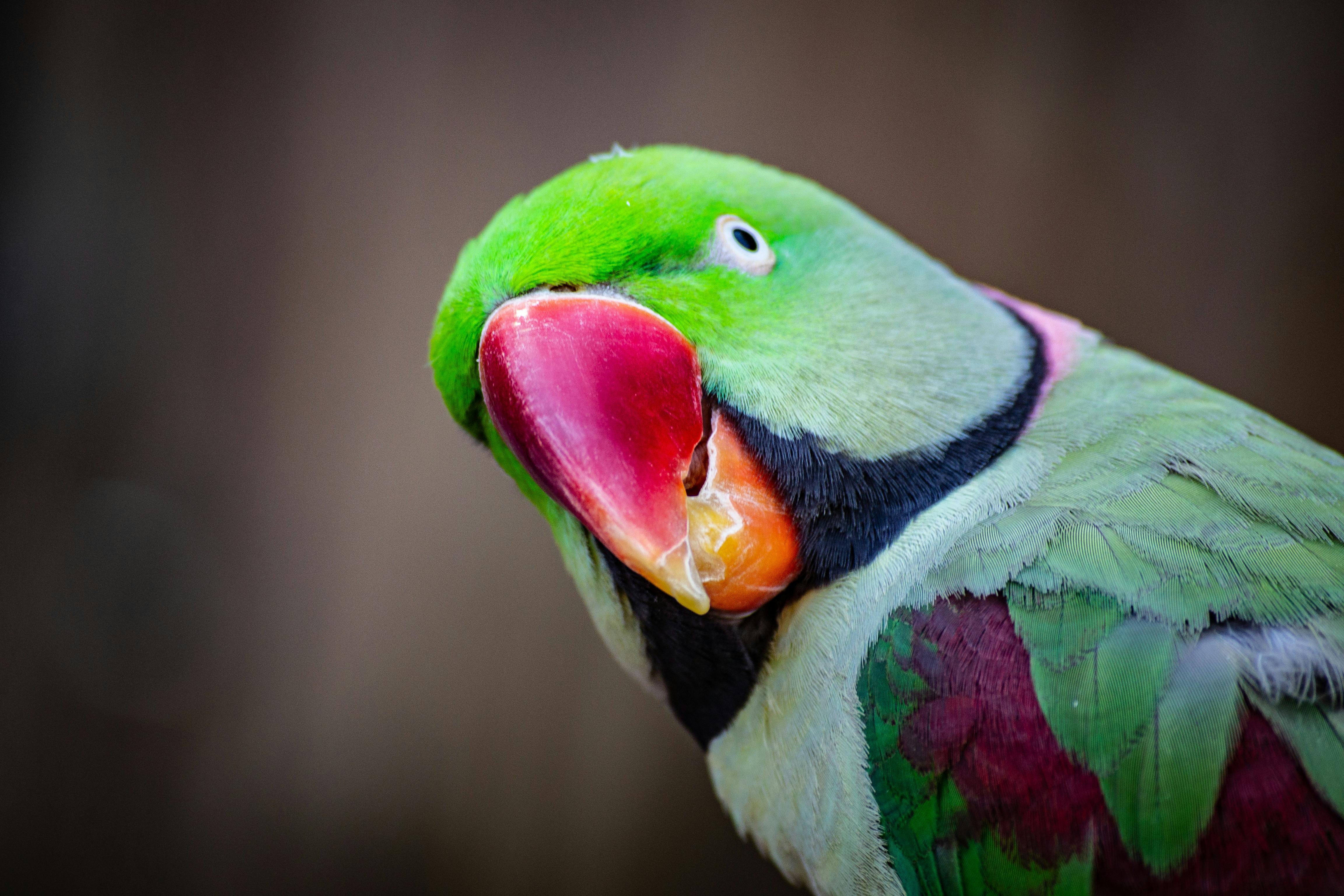Aviculture in Pakistan: From Rooftops to Heartstrings 💚🦜
If you have ever wandered through the old streets of Lahore or stood on a rooftop in Karachi early in the morning, you have probably heard the flutter and chatter of birds, not wild ones exactly, but someone’s much-loved feathered family. Yup, bird keeping is alive and well in Pakistan, and let me tell you, it’s more than just a hobby… It is a full-blown obsession for some of us.
And honestly, it has been like that for ages.
A Nation of Bird Lovers, No Cap 🕊️
Keeping birds isn’t something new here. Our elders were flying pigeons before we even knew what a parrot was. Kabootarbaazi was like the OG aviculture in Pakistan. But things have changed a lot. Nowadays, you’ll find everything from cute lil budgies to giant Macaws (though rare) and exotic pheasants sitting in people’s backyards, garages, or even inside their drawing rooms.
I have seen cages made out of mesh and clay pots as a nest, and I have seen ringneck parrots sold for thousands just because they have got a cool feather mutation. We have gone from “feed it some bajra and hope for the best” to trying vitamins, pellets, and genetic sexing. Wild, right?
Desi Aviculture = Jugaad + Heart 💪
Look, not all of us can afford fancy imported incubators or stainless steel aviaries. So what do we do? We build. I have personally seen cages made from old furniture and incubators made out of broken fridges and light bulbs. Some folks wake up every few hours just to turn the eggs manually or wet a towel to manage humidity. It is not always as perfect as written in books, but it works. And it is done with love.
That’s the real beauty of aviculture in Pakistan. Passion first, budget second.
Not Gonna Lie… It’s Not All Pretty
But yeah, it’s not all rainbows and parrot selfies. We have got problems, and some are kinda serious.
🏥 No Proper Bird Vets:
Finding an avian vet? Lol, good luck. Most of us rely on each other, WhatsApp groups, or whatever worked for “that one guy in Lahore.” Trial and error is literally our treatment protocol sometimes. Scary but true.
🦜 Illegal Wild Bird Trade:
Even though it is banned, native birds like the Indian Ringneck and Alexandrine are still being caught and sold like candy in some markets. People do not always know better, but that doesn’t make it right.
🥵 Pakistan Weather = Aviculture Nightmare:
From freezing nights in the north to melting-egg heat in the south… man, it’s tough. No insulation, no backup power, and birds aren’t as forgiving as goats or chickens. Many setups just aren’t equipped for it.
🤷 Misinformation Everywhere:
Some new bird owners do not even know basic stuff like diet or cage size. Birds end up sick, stressed, or worse… and it’s heartbreaking.
From Rooftops to Roti: Birds as Business
What used to be a passion project is now also putting food on the table for many families. With jobs being tough to find, some people are turning to birds as a side hustle, or even a full-time gig. And hey, if done ethically, why not?
I know folks who breed lovebirds, ringnecks, and cockatiels and sell chicks through OLX, Insta, or directly to pet shops. Some even take pre-orders! 😅 But yeah, quality breeders are a whole different breed (pun intended). They care about clean cages, proper diets, and not just the money. That’s the standard we need more of.
Internet = Game Changer for Aviculture
YouTube has honestly changed the game. I havelearned more from Urdu birdkeeping channels in one year than I did in five years of trial-and-error. People are sharing what meds work, how to hand-feed chicks, what to avoid, and so much more.
Some legends even offer free help through Facebook groups, like “my bird’s sneezing” and boom, someone replies with a full protocol in 5 mins. It’s kinda amazing.
Conservation vs. Greed – A Tricky Line
Here’s the thing that bugs me: raising parrots isn’t bad… but when people start snatching baby birds from nests in forests just to sell them, that’s just wrong.
Hand-raised birds usually live a better life than wild-caught ones. But still, why steal from nature when we have the means to breed responsibly? That’s where awareness comes in. I haveseen people change their minds after finding out a bird they bought meant a nest was destroyed. It’s all about education.
The Future’s Not Perfect… But it is Bright 🌞
Aviculture in Pakistan is a blend of chaos and creativity. We are still figuring things out, but we’re getting there. If more people learn the right way of keeping birds, with love, knowledge and ethics, it would become something very beautiful.
And let’s be real, when a kid laughs because their parrot said “Assalamu Alaikum” for the first time… or when you finally hatch a chick after weeks of waiting… that feeling is unmatched.
Final Thoughts (Straight From the Heart)
A thought that strikes my mind each day, this hobby is not about fancy cages or bright feathers anymore, it is about patience, empathy, and learning every single day. Bird keeping is a responsibility. They are personalities with wings, and they deserve better than just a seed mix in a rusty cage.
So, whether you’re a newbie with one budgie or a full-time breeder with 20 pairs… do it right.
Because every chirp, every flap, every little tilt of the head… It is not just noise. It’s trust. It’s life.
Got your own birdkeeping story? Share it, we would love to hear from a person as crazy as us. 💚🕊️
About Me
A few words about Me
I am Huzaifa Rizwan, a Doctor of Pharmacy by education and an Aviculturist by Hobby. My journey in aviculture is full of experiences, new learning, and starting from scratch, where i had just few cages made by myself and then upgrading over years to spot weld cages.
When I started, information was not much, either we used to get knowledge from seniors or limited magazines and books, but it required more, so my journey with research started, blending science with the art of bird keeping, which taught me patience, knowledge, and experience. it all went side by side.
From 1997 to present, I furnished my aviary, learnt bird keeping, studied, treated many birds, helped fanciers look after their birds, guided them, and trained them for better bird keeping. Now the world knows me as Human Helping Birds in Need.

